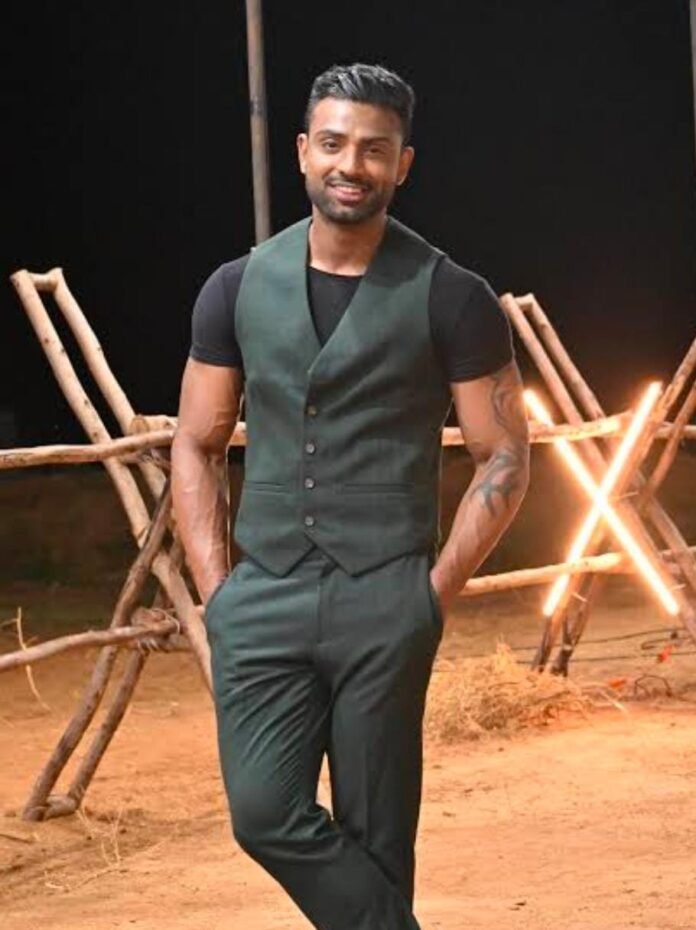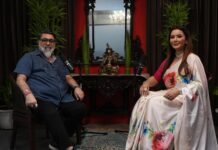In a candid interview with film window, reality TV personality Harsh Arora opened up about his experiences, shedding light on the often-complex world of competitive shows and the lasting impact they have on participants. Arora, who describes himself as the “most misunderstood contestant,” delved into the intricacies of show editing, audience perception, and the surprising longevity of friendships forged in the glare of the camera.
Arora’s primary contention revolves around the portrayal he received on shows like Roadies. He asserts that selective editing often amplified certain aspects of his personality, particularly his assertiveness, making him appear arrogant or prone to yelling. This, he argues, created a distorted public image, leading to a significant disconnect between his true self and his on-screen persona. He highlighted instances where even his own gang members on Roadies had to apologize, suggesting a deeper narrative beyond what was broadcast.
The discussion naturally shifted to the nature of reality television itself. Arora pointed out that shows frequently employ specific editing techniques to craft compelling narratives. He cited the example of the Roadies season being named “Double Cross,” which, in his view, implicitly justified deceit and strategic manipulation within the game. However, he drew a crucial distinction: while the show’s theme might rationalize certain actions within the competition, it absolutely does not excuse the torrent of hate and threats, including “rape threats” to his account, that contestants receive in the real world. This stark reality underscores the dangerous line between on-screen drama and off-screen harassment.
Arora also touched upon the often-unpredictable behavior of the audience, referencing Elvish Bhai’s sentiment that while he doesn’t encourage hate, once it begins, it’s difficult to stop. This highlights the double-edged sword of public engagement in the digital age, where passion can quickly morph into vitriol.
Looking back at his approach to reality shows, Arora revealed an initial cautiousness, having been advised against displaying attitude or speaking out against gang leaders. Interestingly, he expressed regret over being silent at one point in Roadies, feeling he should have taken a stronger stand. This introspection suggests a growth in his understanding of how to navigate such high-pressure environments.
Ultimately, Arora emphasized a key takeaway from his reality TV journey: the importance of not expecting things from others. While he deeply values friendship and believes in fostering genuine connections, he stressed the importance of giving without expectation of return. He proudly shared that, contrary to popular belief that relationships forged on shows like Splitsvilla don’t last, his friendships from the show have endured.
Harsh Arora’s insights offer a valuable glimpse into the world of reality television from the perspective of a participant. His narrative serves as a powerful reminder that what appears on screen is often a carefully constructed narrative, and that behind every reality TV persona lies a real individual grappling with the complexities of public scrutiny and the lasting impact of their experiences. As he wisely concluded, the world is indeed too small for hate, and fostering understanding and connection should always be the priority.
Watch full interview here : https://youtu.be/0UFzAc9zz5w








